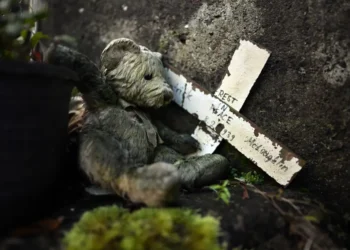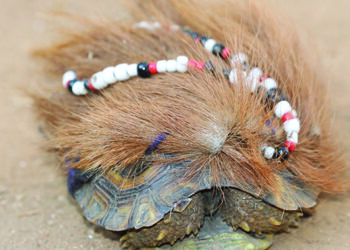Students in some parts of Plumtree in Matabeleland South are forced to miss school as they fear being attacked by wild animals that have invaded their communities in search of food and water.
The wild animals from surrounding game parks and neighbouring Botswana are also said to be destroying property belonging to the villagers as well as their crops. Loss of habitat is cited as the main reason for the increasing cases of human-wildlife conflict in the country resulting in the loss of life in some cases.
Dozens of villagers and communal farmers continue to lose their lives, livestock and crops to wild animals.
In 2021 seventy one d3aths and 50 injuries were recorded, compared to 60 d3aths and 40 injuries in 2020.
In 2022, sixty eight people lost their lives.
The country recorded 15 d3aths and 43 injuries during the first quarter of 2023. Villagers in Plumtree’s Bhambadzi and Ndolwane said they were living in fear of the wild animals that were always roaming in the area.
They said this during an outreach programme on human wildlife conflict organised by the Environment, Wildlife and Climate ministry.
“Our children now skip going to school because they are afraid of vicious animals like hyenas, lions and elephants,” said area councillor, Zoolakes Nyathi.
Nyathi said there was need for the responsible authorities to deploy rangers to k!ll the problem animals.
“We need officers from the Zimbabwe Parks and Wildlife Management Authority (Zimparks) to be always on the ground,” he said.
“This issue needs serious attention before it is too late.”
Another villager said he had lost a number of cattle to wild animals.
Another villager Nkululeko Moyo claimed that ZimParks officials always say they have no capacity to respond on time when they call for help.
“Whenever we call for help, we are always told that there is no fuel for them to come,” Moyo said.
“May you please install electric fences to keep them away from our homesteads.”
He also said she had lost a number of her cattle and goats to the animals.
Bulilima Rural District Council acting chief executive officer Lizwelethu Tshuma confirmed the rising cases of human- wildlife conflict.
“We are having many lions coming from as far as Hwange, Tsholotsho among other places and they are k!lling cattle,” Tshuma said.
Environment, Wildlife and Climate minister Mangaliso Ndlovu said communities must start getting compensation after losing their livestock and property to the animals.
“People have to get something out of the wildlife conflicts that happen around these areas,” Ndlovu said.
Last year, the government announced the setting up of a fund to compensate victims of human-wildlife conflict who continue to bear the brunt of wild animals when they invade their communities.
ZimParks has been struggling to compensate victims of wildlife attacks.
The government initially approved the Human-Wildlife Conflict Relief Fund to compensate the victims in 2022.
SOURCE : ZIMBABWE SITUATION









